Our Annual Conference explores the evidence and generates discussion on what horses need to have a ‘good life’
Posted on 12/11/2024
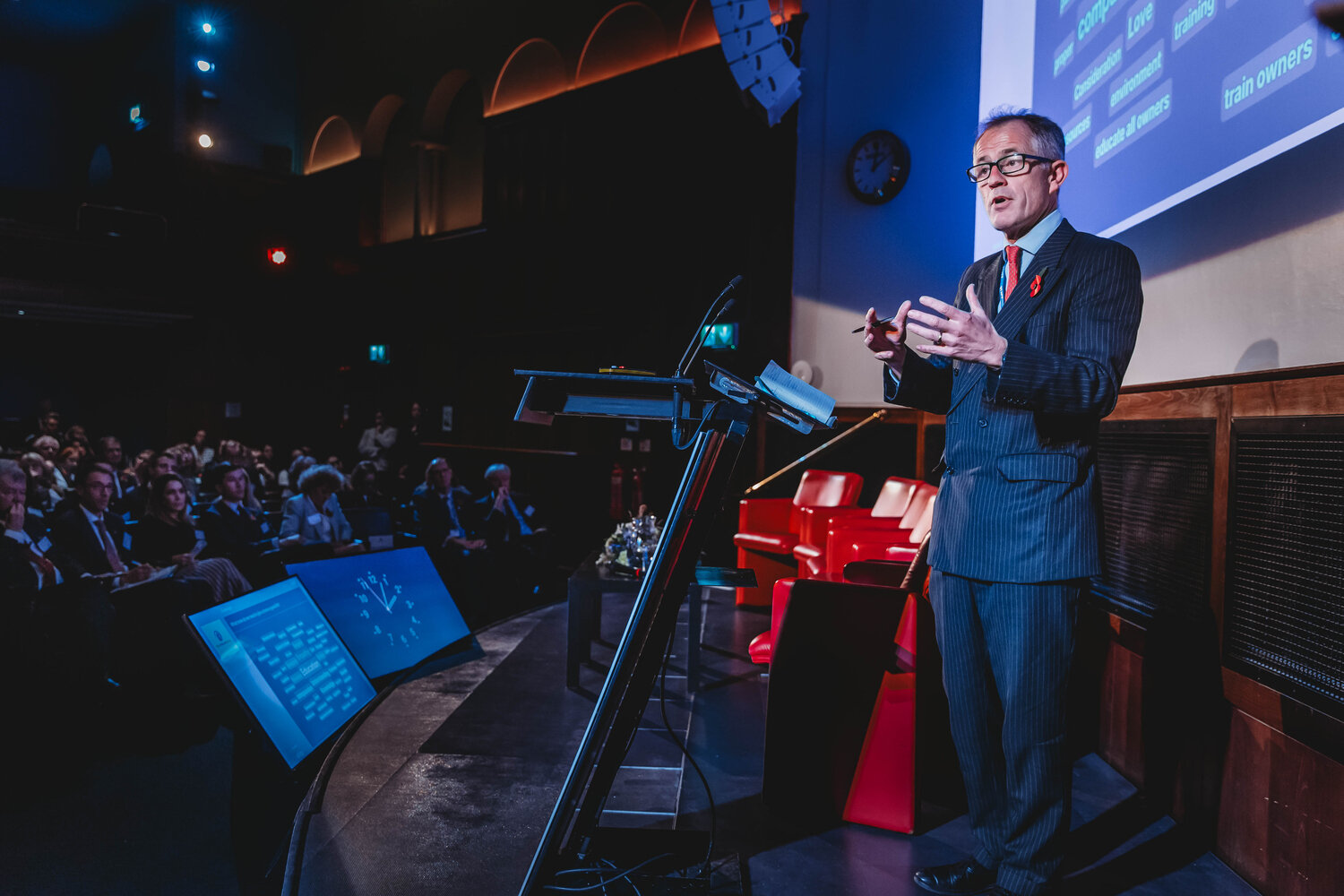
Asking, ‘What is a good life for a horse? Our inspiring and thought-provoking conference took place at the Royal Geographical Society in London last Thursday (November 7).
More than 750 people attended the event, both online and in person, to hear presentations and a discussion panel of industry experts.
Renowned researchers and leading equestrians came together to challenge some of the most deeply held beliefs and traditions around what horses need to have a ‘good life” – with the most widely accepted model of animal welfare assessment the Five Domains, at the core.
“How we have provided good welfare has always been a journey informed by our experience and our evolving understanding. Over the past decade and more, this understanding has been turbocharged by mounting scientific evidence of what makes animals, including horses, tick. Only if a horse feels content in themself, from their own individual perspective, can their welfare be good. As we now know, depriving our horses of the three Fs – Freedom, Forage and Friends – is depriving them of a good life. However, is this synonymous with how normalised certain attitudes and practices are in the horse world?”
Chief Executive Roly Owers
Internationally renowned animal Welfare scientist Professor Natalie Waran, Director of the Good Life for Animals Centre, in New Zealand and former Chair of the independent Equine Ethics and Wellbeing Commission for the FEI, focused on the emerging evidence of the positive emotional responses of horses.
She highlighted how we must consider a horse’s life from birth to death, as well as all of its experiences.
“Most people and animals go through life with a mix of positive and negative experiences. So, for a ‘good life’, what we are looking for is a life where those negative experiences are minimised and the experiences across all contexts of an animal’s life tend to be mainly positive. And that we work hard to ensure that, that is the case.”
Professor Natalie Waran
Explaining the challenges of using legislation to ensure a good life for horses, Birte Broberg, founder of the Voluntary Initiative group on Equidae under the EU platform for Animal Welfare, described how legislation is developed through compromise and practical reality of what can be enforced.
“The real responsibility of a giving a horse a good life, or even a best life, lies with the person responsible for them, because that person can fill in the framework given by the legislation.”
Birte Broberg
Dr Lisa Dickle, post-doctoral researcher at the Swedish University of Agricultural Sciences, looked at horses in the context of evolutionary ecology.
Dr Dickel explained how all animals evolved to make choices about their lives, including about food, mating and habitat, and providing horses with the ability to have agency and choice was essential to their wellbeing.
“We know that the welfare improves across a whole range of species when they have increased opportunities to make choices. Choice and control over both negative and positive stimulae will lead a horse to feel a sense of agency in their life which will make them feel safe in their life and have a positive welfare experience”.
Dr Dickel
Bringing it down to earth with her presentation, Hazel Heaton, owner of Nine Acres equestrian, offered her insight based on experience and research.
“The equestrian world is at point of change. Fifteen years ago, I would have strongly defended much of what we see going on in the horse world today and would have assured them most competition horses have a good life. But my journey has changed my opinion.
“Much of what we perceive as a good life for a horse is misguided and much more about what is convenient to us than about offering a good life to the horse.”
Hazel Heaton
World Horse Welfare’s regional Coordinator in Latin America, Lorena Barrantes took the discussion further afield when she talked of her work within the charity and how working horses, donkeys and mules can have challenging lives, but that these too, could be made better.
“We improve the lives of working equids where it is needed. Sometimes these improvements require extra resources but very often they just require the sharing of knowledge. They just require us working hand-in-hand with the communities, which is the most sustainable way to ensure long-term change. We don’t just heal animals; we transform entire communities. We lift generations and we prompt a better future for us all, humans and equids.”
Lorena Barrantes
The day concluded with a lively Q and A panel of esteemed guests including Battersea Dogs and Cats Home chief executive Peter Laurie, racehorse trainer Lucinda Russell, the Household Cavalry’s regimental veterinary officer, Major Dan McRink and the British Equestrian Veterinary Association’s veterinary projects officer Lucy Grieve, which was chaired by Sky News and Sports Editor, Nick Powell.
In answer to a question about what changes we can make to improve welfare, Dan McRink said education was the answer and in particular the notion that good welfare does not make ‘winning less likely’.
“Horses having a purpose, be that for performance or leisure, that’s what drives their welfare and that’s what gives them a place in society.”
Dan McRink
And when racehorse trainer Lucinda Russel was asked how a horse’s welfare for its entire life could be improved, she answered:
“There’s large amounts of money in racing and lots of people who are prepared to spend lots of it on their horses – quite frankly we need to abuse that and make sure they look after their horses continuously, even when they come out of racing.”
Lucinda Russell
In his closing speech Roly Owers said:
“We need to change the way we are doing things in part. Not everything we have done is wrong and not everything is right either. So, we need to be open minded to change. Let’s not let excellence be the enemy of the good. Let’s not let the total answer be to not do anything because we can change our horses’ lives today by making incremental changes. Horses give us a good life – it’s only fair we give the same to them.”
Roly Owers
World Horse Welfare thanked their headline sponsor, The Sir Peter O’Sullivan Charitable Trust, and the event’s other supporters, the Horseracing Betting Levy Board and Agria Pet Insurance for their pivotal involvement in helping make the Conference possible.
The entire conference is available to watch at any time.
Topics
Related News
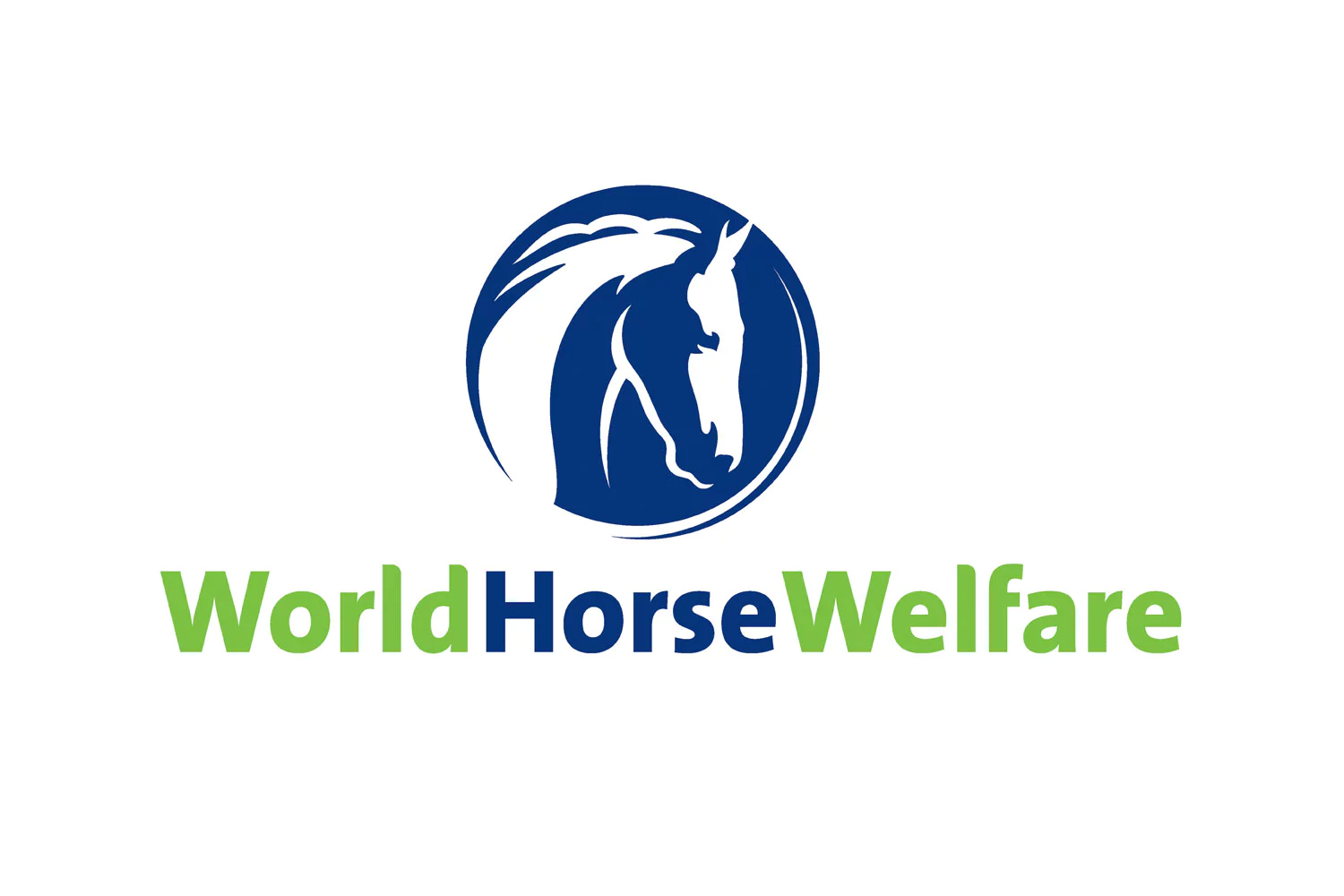
World Horse Welfare’s response to UK Government’s animal transport proposals
World Horse Welfare welcomes Wednesday’s announcement (18th August) by the UK and Welsh Governments on proposals to improve welfare during transport for equines in England and Wales
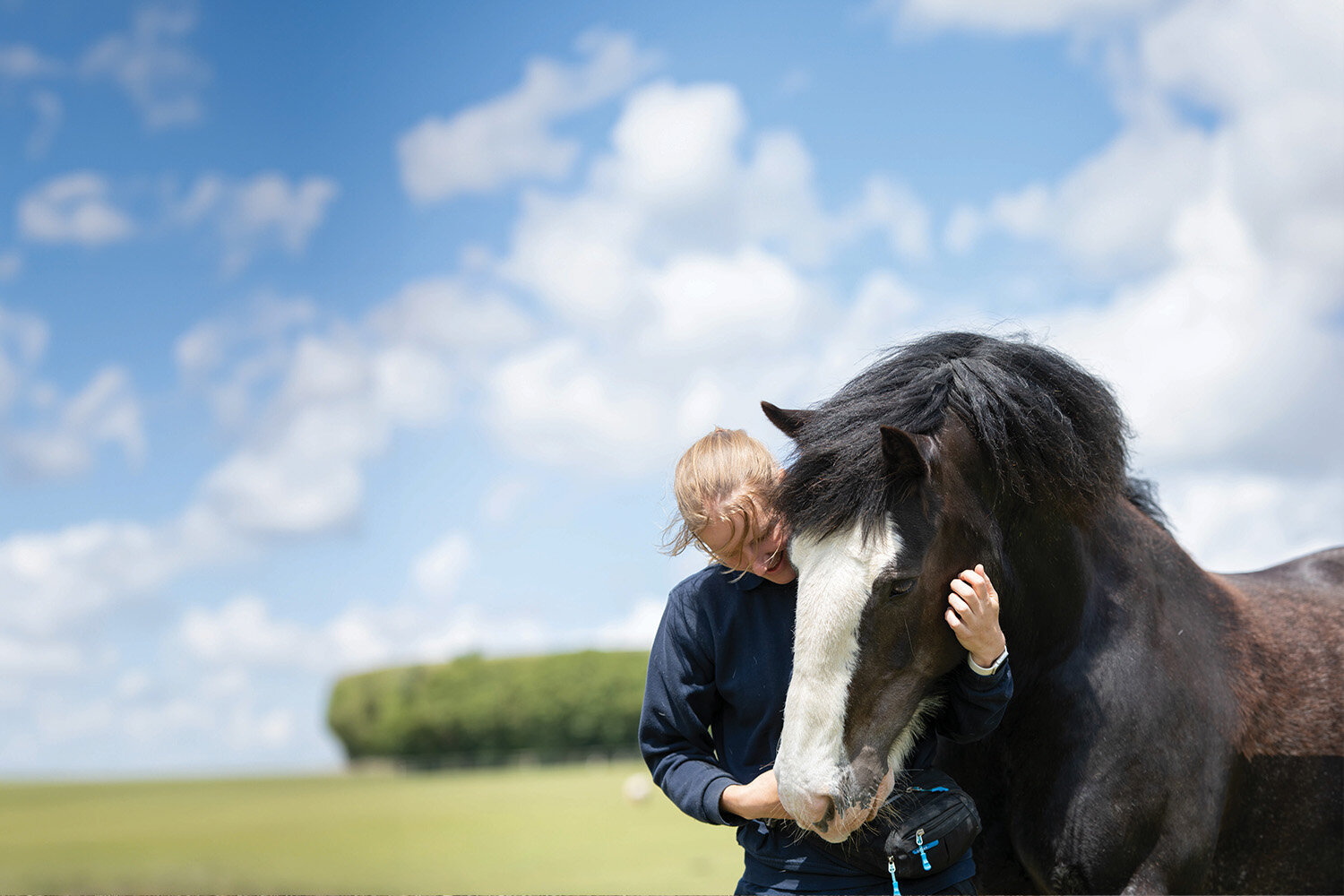
Struggling horse owners are urged to rehome this summer
We have joined forces with Blue Cross to help avoid a winter welfare crisis.
Recommended Blog Posts
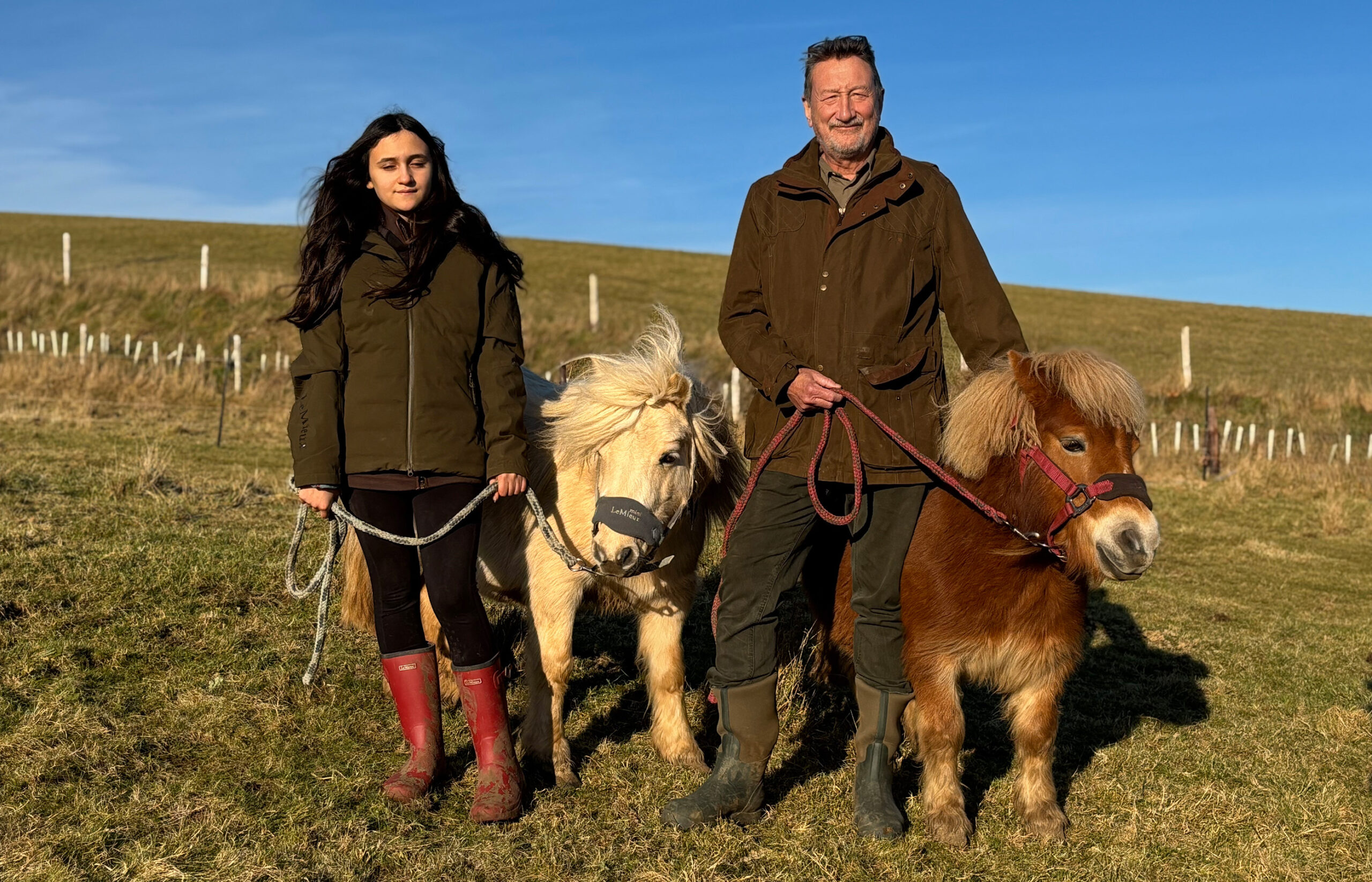
“I am a horse”
We catch up with the creator of Peaky Blinders to find out how important horses are to him and his family.
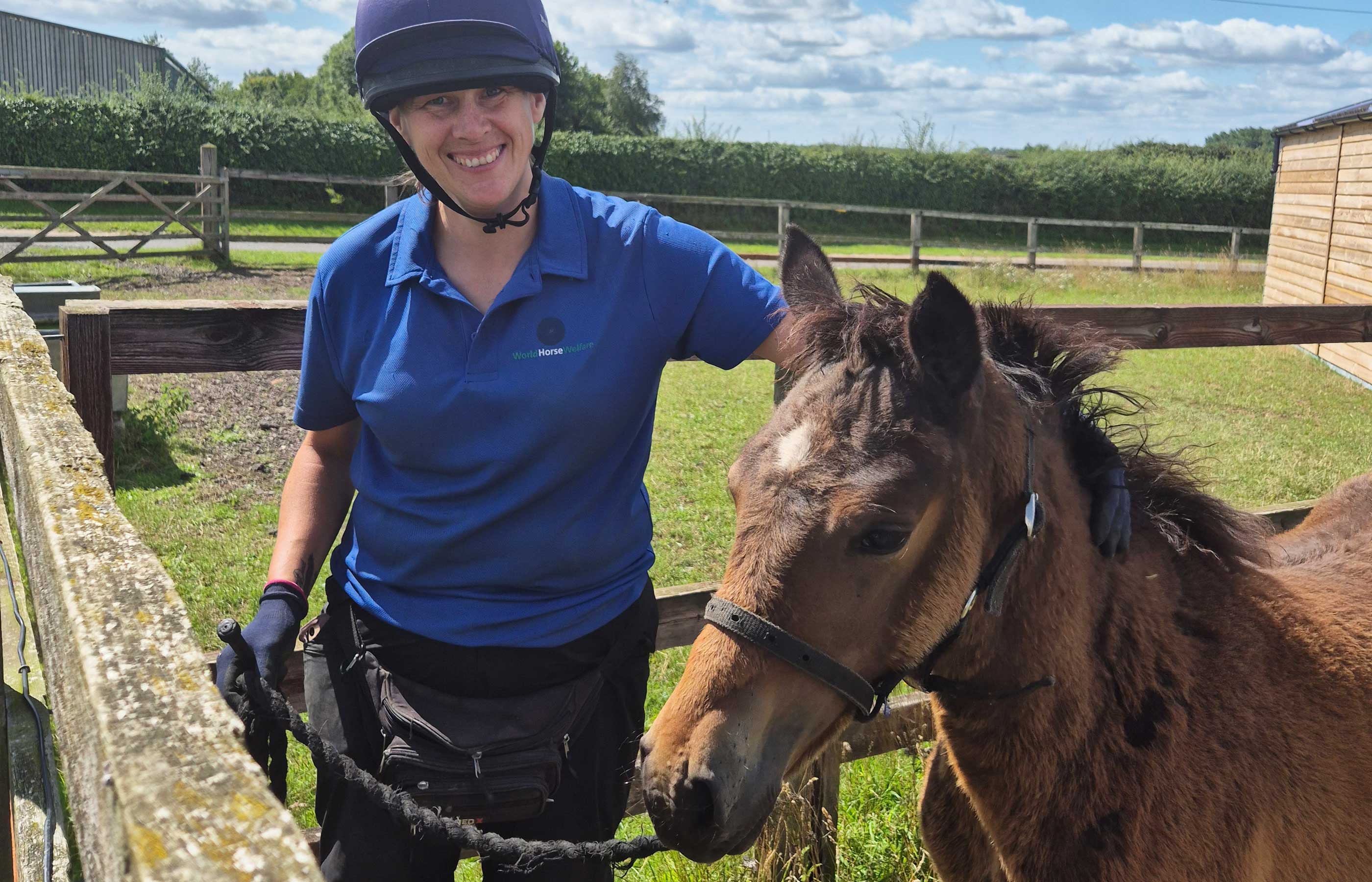
The importance of foals having good experiences from birth
Foals born in our rescue and rehoming centres will receive expert, patient handling from day one – we caught up with yard supervisor Lorraine to hear more.
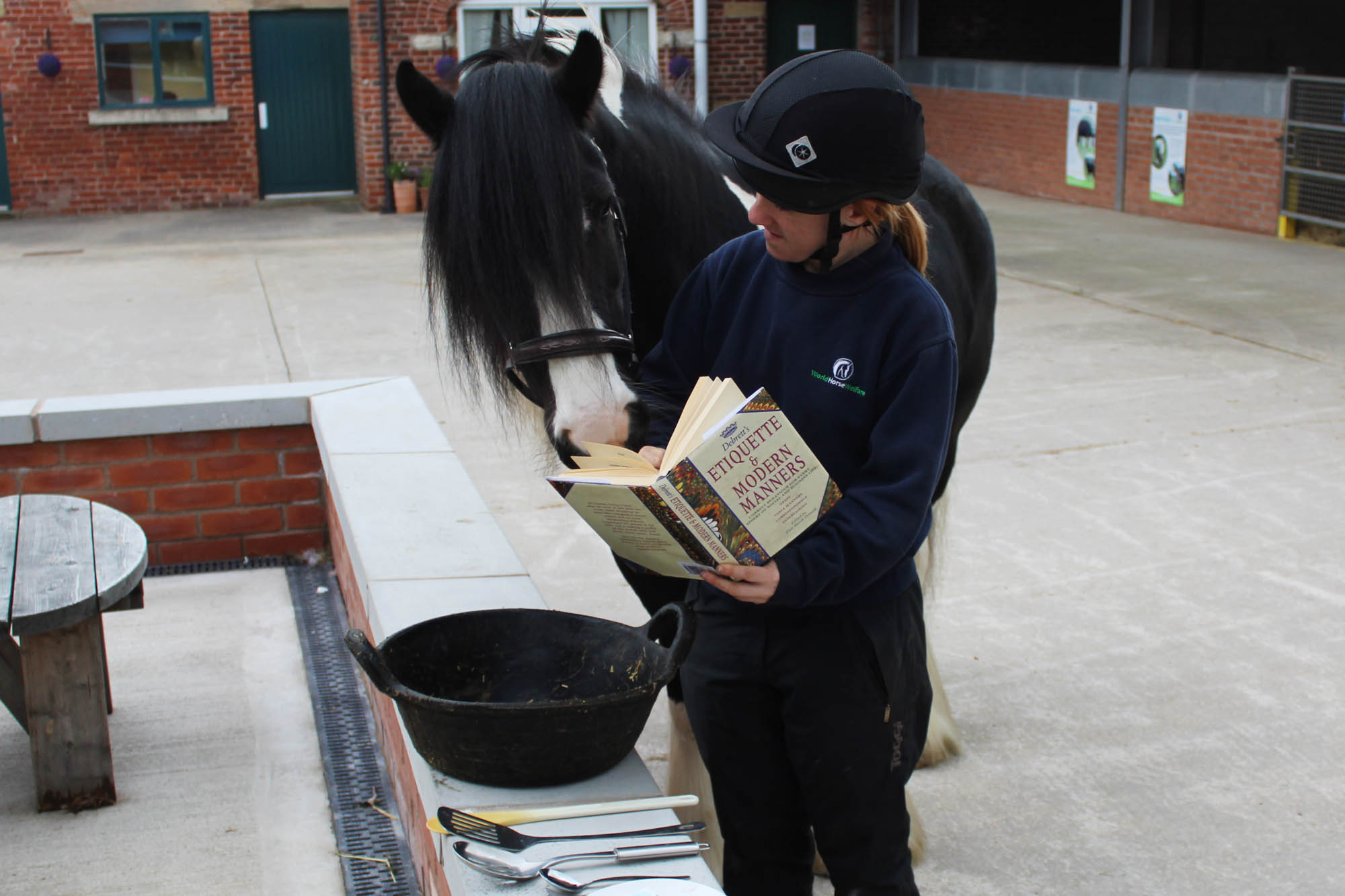
Frodo’s journey to Royal Windsor
Frodo's groom Nicolle picks up the story as Frodo prepares to go to Royal Windsor Horse Show.
Enjoy reading stories like this?
Join over 65,000 other horse lovers and sign up for our email newsletter

Join over 65,000 other horse lovers and sign up for our email newsletter
Sign me up now